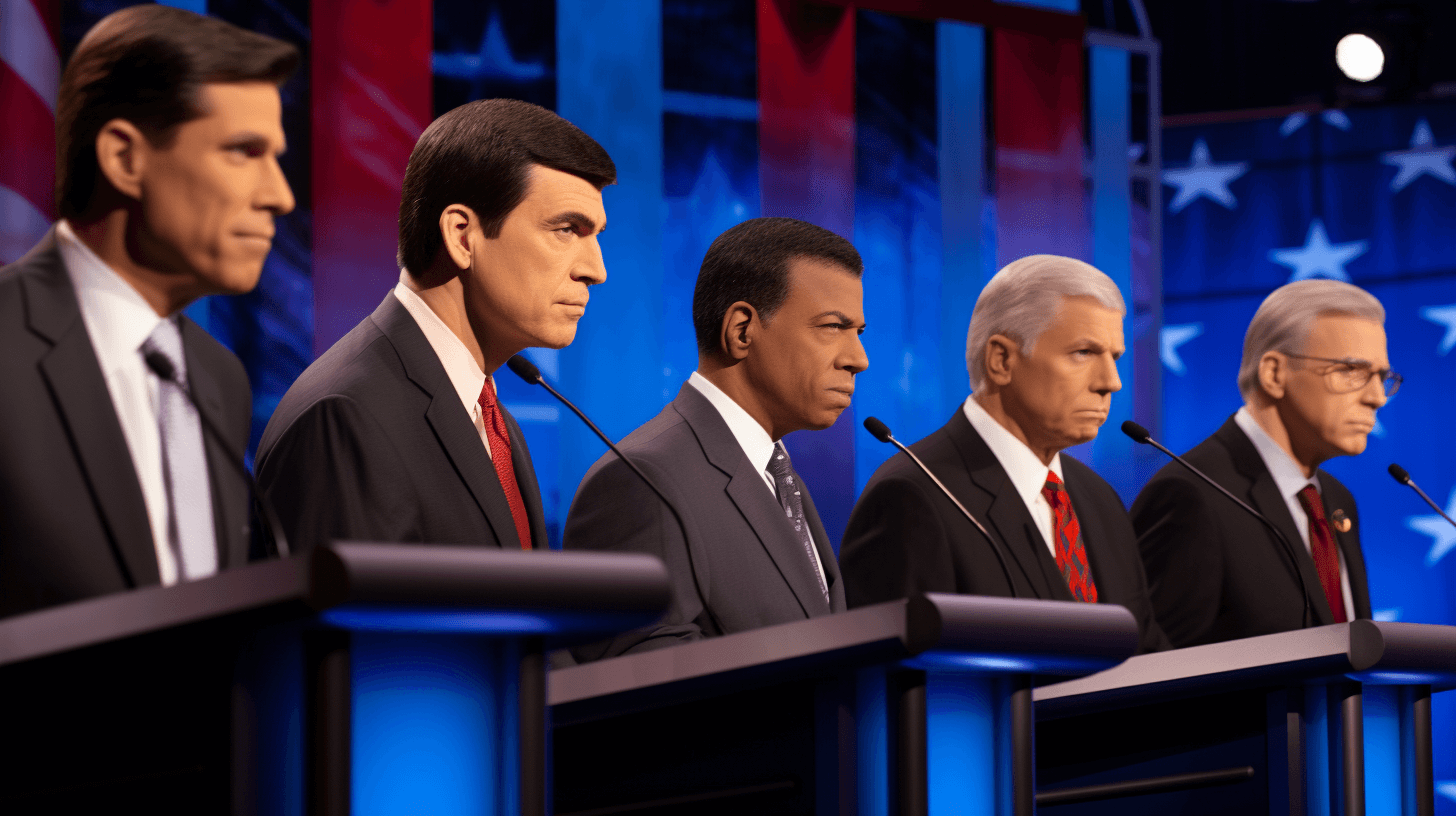🏁📺 JetBlue & Spirit No Mo’ Da $3.8 Billion Wedding: Da Deal Is Pau 🛫💔
⬇️ Pidgin | ⬇️ ⬇️ English
Eh, you guys heard da big news or wat? Da biggest name in da sky, JetBlue, and Spirit Airlines wen call it quits on their big kahuna $3.8 billion merge. Da kine sources wen talk story wit’ The Athletic ’bout dis big shakeup.
JetBlue goin’ pau Spirit $69 million fo’ cut da cord on da deal, which wen get da red light from da federal antitrust regulators. Dass one hefty price fo’ freedom, yeah? Under da deal’s rules, JetBlue gotta shell out not just da breakup fee to Spirit but also $400 million to Spirit’s shareholders. 💸💔
One judge from Boston wen block da proposed merge on Jan. 16, side wit’ da Justice Department, saying if these two companies join, gonna be less competition and mo’ chance fo’ jack up da ticket prices. Judge William G. Young from da U.S. District Court fo’ da District of Massachusetts wen note how Spirit stay important as one cheap option fo’ travelers, and if JetBlue wen swallow ’em up, da customers would lose out on choices.
Da Justice Department wen throw one shaka 🤙 on Monday, calling da deal’s dead end “a victory fo’ U.S. travelers who deserve lower prices and mo’ options.”
JetBlue and Spirit wen try fo’ fight da judge’s decision, wit’ JetBlue even putting out one appeal brief not too long ago. But looks like dey figgah bettah fo’ just walk away den keep fighting one losing battle.
“We stay proud of da work we did wit’ Spirit fo’ show one vision fo’ shake tings up, but wit’ da roadblocks still dea, we decided it’s bettah fo’ both airlines fo’ go our separate ways,” said JetBlue’s big boss, Joanna Geraghty, in one statement on Monday. “We only wish da best fo’ da Spirit ohana going forward.”
Dis no come as one shock. JetBlue wen hint dey might let go da deal in one securities filing back in Jan. 26, and Spirit did da same, saying dey no see why da deal gotta end.
As part of da marriage deal, JetBlue wen agree fo’ pay up if da merge no go through.
“JetBlue wen give ’em da good fight and stretched dis deal as long as dey could, but dey had fo’ make tings pono fo’ their shareholders and workers,” said Brad Haller, one consultant wit’ West Monroe.
Dis breakup might be hard fo’ Spirit fo’ bounce back from.
Spirit stay owing plenny money and no wen make profit since before da Covid-19 pandemic. Da deal wit’ JetBlue was seen as one lifesaver. Spirit’s boss, Ted Christie, said on Monday, “Wit’ all da regulatory unsureness, we always knew we might have fo’ fly solo again” and been thinking ’bout ways fo’ make more kala.
No clear if get anoddah company goin’ like buy Spirit. Snatching up da airline would quick make oddah carriers mo’ big, especially when airport gates and takeoff and landing slots stay hard fo’ find in popular U.S. spots.
But, da regulators likely goin’ throw flags on any deal dey tink goin’ make da fares go up, meaning probably only anoddah cheap airline dat no directly compete wit’ Spirit could make one deal. Maybe Frontier Airlines, anoddah low-cost flyer, could be one contender; dey wen try fo’ buy Spirit before JetBlue wen offer ’bout $1 billion mo’.
Spirit’s stock wen take one big dive since da court wen block da merge, and was down ’bout 15 percent on Monday morning. JetBlue’s stock, though, was up ’bout 2 percent cause investors tink da company goin’ save dough by not closing da deal.
Da merge would have given da combined company one bigga slice of da market, currently run by da big four — American Airlines, Delta Air Lines, Southwest Airlines, and United Airlines.
No just JetBlue tryna challenge da big four, though. Alaska Airlines, which get big kine presence up and down da West Coast, wen announce in December dey goin’ try fo’ buy Hawaiian Airlines fo’ $1.9 billion. Dat deal, too, likely goin’ catch da eye of da federal antitrust watchdogs.
NOW IN ENGLISH
🏁📺 JetBlue and Spirit Airlines Abort Their $3.8 Billion Merger Plan 🛫💔
Did you catch the latest scoop? The sky’s most talked-about alliance is officially not happening.
JetBlue and Spirit Airlines have called it quits on their ambitious $3.8 billion merger, insiders revealed to The Athletic. This decision marks a significant victory for the Biden administration’s stance against corporate consolidation.
Backing out comes at a cost for JetBlue. According to the agreement’s terms, it owes Spirit a termination fee of $69 million, plus an additional $400 million to Spirit’s shareholders. 💸💔
A federal judge in Boston put the brakes on the merger on January 16, siding with the Justice Department’s argument that the merger would slash competition and potentially hike up ticket prices. Judge William G. Young of the U.S. District Court for the District of Massachusetts emphasized Spirit’s critical role as a budget-friendly option, suggesting that its absorption by JetBlue would diminish choices for travelers.
The Justice Department celebrated the termination of the deal on Monday, proclaiming it “a victory for U.S. travelers who deserve more affordable prices and broader choices.”
JetBlue and Spirit had initially challenged Judge Young’s ruling, with JetBlue even submitting an appeal brief recently. However, the companies seem to have realized that moving forward separately is in their best interest, rather than chasing an appeal that might fall through.
“We are proud of the work we did with Spirit to propose a vision to shake up the status quo, but given the remaining obstacles to closing, we decided that both airlines’ interests are better served by parting ways,” JetBlue’s CEO, Joanna Geraghty, stated on Monday. “We wish the entire Spirit team all the best in the future.”
This breakup was somewhat anticipated. In a securities filing on January 26, JetBlue hinted at possibly walking away from the deal. Spirit echoed a similar sentiment in its filing, asserting there was no justification for ending the agreement.
Under the merger agreement, JetBlue had committed to compensating Spirit and its shareholders should the deal face regulatory hurdles.
“JetBlue has made several determined efforts and extended this deal as long as possible, but they needed to provide certainty for their shareholders and employees,” Brad Haller, a partner at the consulting firm West Monroe, commented.
The deal’s collapse poses a challenge for Spirit’s recovery.
Burdened with debt and having last turned a profit before the COVID-19 pandemic, the acquisition by JetBlue was viewed as a potential rescue. Spirit’s CEO, Ted Christie, remarked on Monday, “Considering the regulatory uncertainties, we have always been prepared for the possibility of continuing as an independent entity” and have been exploring ways to improve profitability.
It’s uncertain whether another company will attempt to acquire Spirit. Such a move would instantly boost the acquirer’s size at a time when airport gates and takeoff and landing slots are scarce in many key U.S. destinations.
However, any deal likely to increase fares will probably face regulatory challenges, suggesting that only another budget carrier not in direct competition with Spirit could feasibly succeed. Frontier Airlines, another budget airline that had previously bid for Spirit before being outbid by JetBlue by roughly $1 billion, might be a potential suitor.
Since the merger’s blockage, Spirit’s stock has halved in value and saw a 15 percent decrease on Monday morning. Meanwhile, JetBlue’s shares rose by about 2 percent, as investors believe the airline will economize by abandoning the deal.
A merger would have significantly expanded the combined entity’s market presence, which is currently dominated by the big four: American Airlines, Delta Air Lines, Southwest Airlines, and United Airlines.
JetBlue isn’t the only airline attempting to disrupt this hierarchy. Alaska Airlines, known for its substantial West Coast presence, announced in December its intention to acquire Hawaiian Airlines for $1.9 billion. This proposal, too, is likely to draw scrutiny from federal antitrust regulators.







